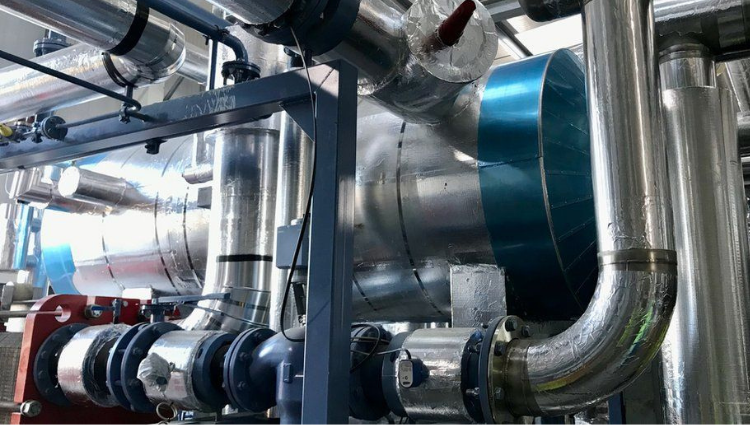
Why Heat Pumps Are the Future
With all the emphasis being placed on reaching Net Zero by the year 2050, there is a long way to go in the UK. This leaves many people wondering why government has fallen behind many European countries in promoting heat pump technology. Once you understand just how efficient it is and how much energy can be saved, you will probably be wondering the very same thing. Why has the UK not been more supportive of this technology? While that’s a question not easily answered, we can address how heat pumps are the way of the future and how they will help to reduce our carbon footprint by a significant amount.
Despite the urgency of achieving Net Zero by 2050, the UK lags behind in heat pump technology promotion. As people discover their exceptional efficiency and energy-saving potential, the absence of government support leaves them pondering the reasons. Could it be time to explore the benefits of heat pumps for sale and their pivotal role in reducing our carbon footprint?
What Exactly Is a Heat Pump?
The answer to that is both simple and complex. As the name would imply, a heat pump is a source of heat for homes and businesses. They can provide heat to buildings of literally any size. Heat pumps can be installed in small, single-family dwellings and they can work equally as efficiently in tall high-rise buildings as well.
The technology by which they work is heat exchange where the unit produces heat, and as the heat passes through the system, it draws further heat from the air and ground through which exhaust passes. As a result, the amount of heat produced and gathered to heat a building can be three times as much as that which was simply produced. Since it takes less energy to result in three times the heat being produced, it is an energy-efficient way to provide heat in colder months.
Addressing Misunderstood Issues with Some Units
According to one Bristol heat pump specialist, Invictus Mechanical, complaints around the country that some units are not working well isn’t the unit but the installation. What they have discovered is that installers aren’t taking the time to inspect a home or business’s insulation. Bear in mind that the units are designed to draw less energy from the grid because they will be capturing heat from an exchange in air and ground sources.
It may be a small amount of heat being exchanged for cooler air but when combined with the output of the system, it becomes three times more efficient. In other words, it is necessary to keep heat in that is being produced so that the heat being captured adds to available warmth rather than replacing it. This means that it is insufficient insulation rather than units not working as they should.
A Realistic Look at How Much Energy They Draw
Unfortunately, just the fact that heat pumps require energy from fossil fuels to operate puts some consumers off. However, as noted above, they will use only about one-third of the energy being drawn off the grid as would a traditional boiler or other form of gas, coal or electric furnace. So then, how much energy do they really use?
The answer to that would be rooted in mathematics. How much energy do you use to heat your home now? A simplified answer would be that you can calculate how efficient they are by dividing your current usage by three and that’s what you would still be drawing from the grid. That would be one-third of your previous requirements. Each building is unique in size and structure, so a realistic assessment would be previous bills and a bit of elementary maths.
How and Why Heat Pumps Are the Way Forward
As it stands, it will probably take all of the years between now and 2050 to even come close to Net Zero, so any reduction on the amount of energy we are burning to heat our homes and businesses is an improvement. Until more sustainable sources of energy are provided, it will take the concerted effort of consumers, private and corporate, to draw less energy from fossil fuel sources.
That is the main way in which heat pumps are the way of the future. At some point in time when sustainable energy with a carbon-zero footprint has been reached, they will still be useful. There is no sense in using more energy than necessary and heat pumps can also function well at that point too. Imagine a day when sustainable energy will not only prevent further damage to the ecology but when costs may come down considerably.
With the rising cost of fuel and the amount of energy produced by fossil fuels, there is no doubt that prices will continue to rise until such time as sustainable energy is the only source available.
